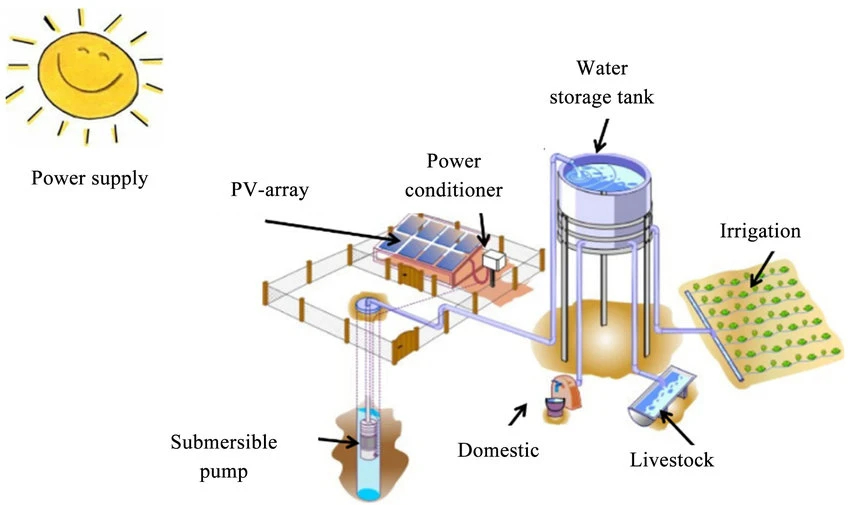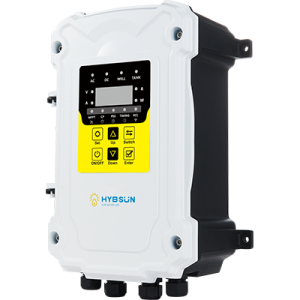In today's world, where sustainability meets technology, the debate between solar water pumps and traditional pumps is more relevant than ever. With energy bills going through the roof and environmental consciousness on the rise, the choice of water pump technology has become pivotal for homeowners, farmers, and businesses alike. But which option is more economical and efficient in the long run? Let's dive in.
Traditional water pumps use electricity or fossil fuels, which means they cost more to run. Solar water pumps use free solar energy, so they cost less to run and are better for the environment. They cost more to buy at first, but you save money in the long run and they work well in all kinds of places.
Transitioning from traditional to sustainable isn’t without its questions. As we dive into the details, let’s address some common queries about switching to solar water pumping systems.
What Are the Cons of a Solar Water Pump?
Solar water pumps, despite their benefits, do have some initial hurdles. The upfront cost is significantly higher than traditional systems, but government incentives and falling solar prices are helping to alleviate this concern. Additionally, their performance is directly tied to sunlight availability, so you’ll need larger storage solutions for non-sunny days. Despite these drawbacks, the long-term energy bill savings and low environmental impact often outweigh the initial investment.
How Much Do Solar Water Pumps Cost?
The cost of solar water pumps varies depending on depth and water needs, but generally falls between $1,600 and $3,000 for most residential or small-scale agricultural applications. While the initial investment is higher compared to traditional pumps, the lack of ongoing energy costs and low maintenance requirements can lead to significant savings, making solar pumps a cost-effective solution in the long run.
Solar Pump vs. Normal Pump: What's the Difference?
The main difference is their power source: solar pumps run on direct current (DC) from sunlight, while normal pumps run on alternating current (AC) from the grid or generators. This means solar pumps give you independence from electricity prices and grid outages, which is a reliable and green alternative for your water pumping needs.
The Value Proposition: Are Solar Well Pumps Worth It?
Absolutely. Besides the environmental benefits and alignment with renewable energy goals, solar well pumps make sense for many people. They reduce your dependence on grid electricity, protect you from rising energy costs, and require less maintenance. If you have sunlight available, solar pumps aren't just worth it, they're a game-changer.

Summary:
Choosing between solar and normal water pumps comes down to upfront costs versus long-term benefits. While solar pumps have a higher upfront cost, their negligible operating costs and minimal environmental impact make them a smart choice for the future. As the world moves toward sustainable solutions, solar water pumps are a financially smart and environmentally responsible option.





